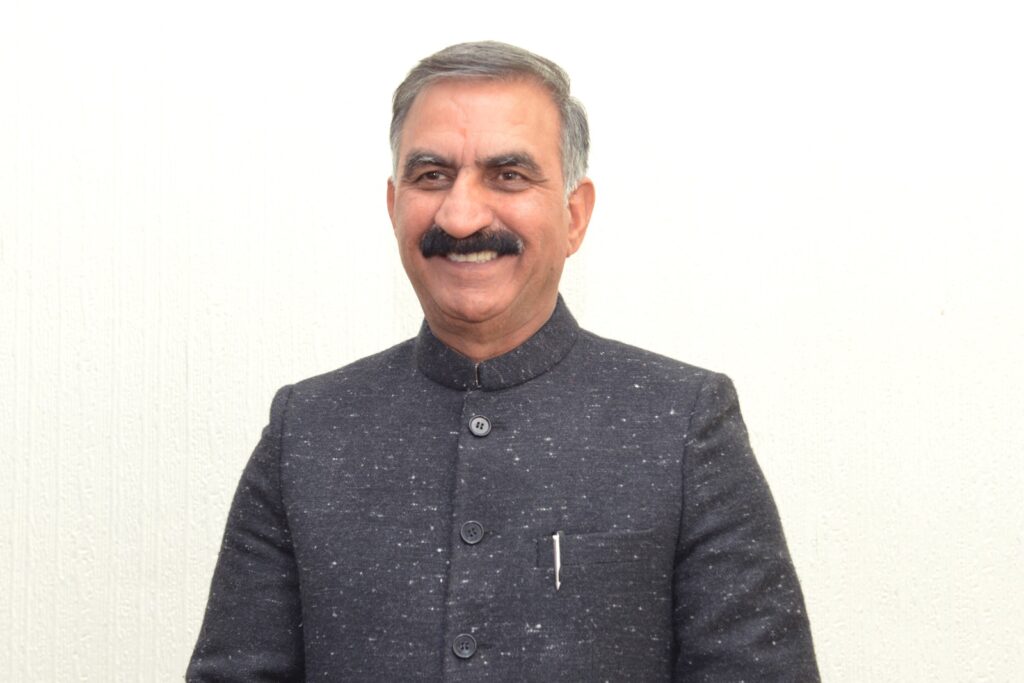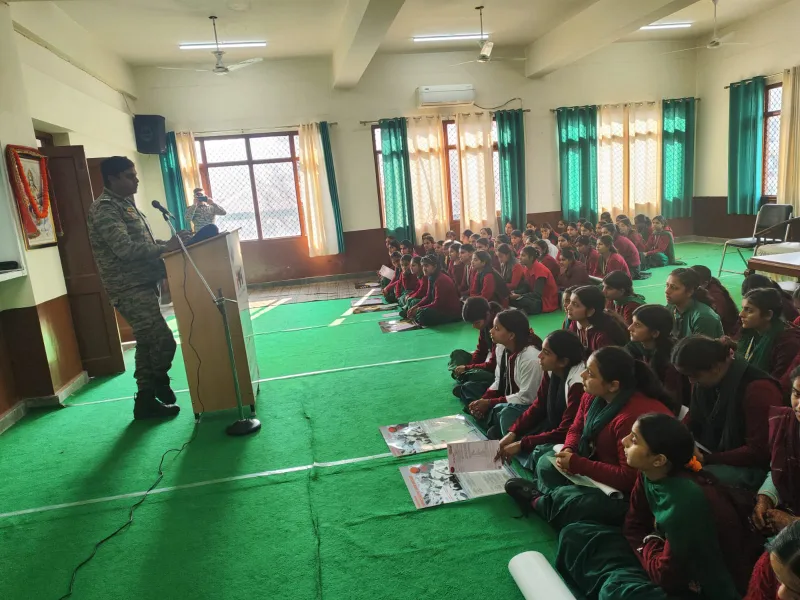State Government to launch ‘Himbhog’ maize flour produced through natural farming: CM
2 min read
SHIMLA 6th December, 2024
Chief Minister Thakur Sukhvinder Singh Sukhu today here said that the state government would soon introduce maize flour produced through natural farming under the brand name ‘Himbhog’.
He said that more than 4,000 quintals of maize have been procured from 1,506 farmer families practicing natural farming across the state, with the exception of Lahaul-Spiti and Kinnaur districts. The highest procurement was done from Solan district (1,140 quintals) followed by Chamba (810 quintals) and Mandi (650 quintals).
He said that Himachal Pradesh was the first state in India to offer the highest Minimum Support Price (MSP) for wheat and maize. The government was providing Rs. 40 per kilogram for wheat and Rs. 30 per kilogram for maize produced through natural farming. The government was currently promoting natural farming across 35,000 hectares of land which was benefiting 1.98 lakh farmers of the state. Free certification has been provided to over 1.5 lakh farmers and an additional 36,000 farmers were being connected with natural farming.
The Chief Minister said that the state government has strengthened the infrastructure at 10 mandis to facilitate the marketing of natural farming produce so that people do not have to face any inconvenience while selling their produce. He said that the government was also focusing on linking agriculture with employment through phase three of Rajiv Gandhi Startup Yojana started with a budget of Rs. 680 crore.
Emphasizing the importance of agriculture and horticulture in the state’s economy, the Chief Minister said that about 90 percent of population of the state resides in villages. To strengthen the rural economy the government was introducing several initiatives including direct monetary support to farmers.
He said that the government was also purchasing cow milk at Rs. 45 per litre and buffalo milk at Rs. 55 per litre, along with increasing the daily MNREGA wage by Rs. 60 to a historic Rs. 300. All these measures aim to improve the economic well-being of farmers and ensure farming becomes a sustainable source of income.





